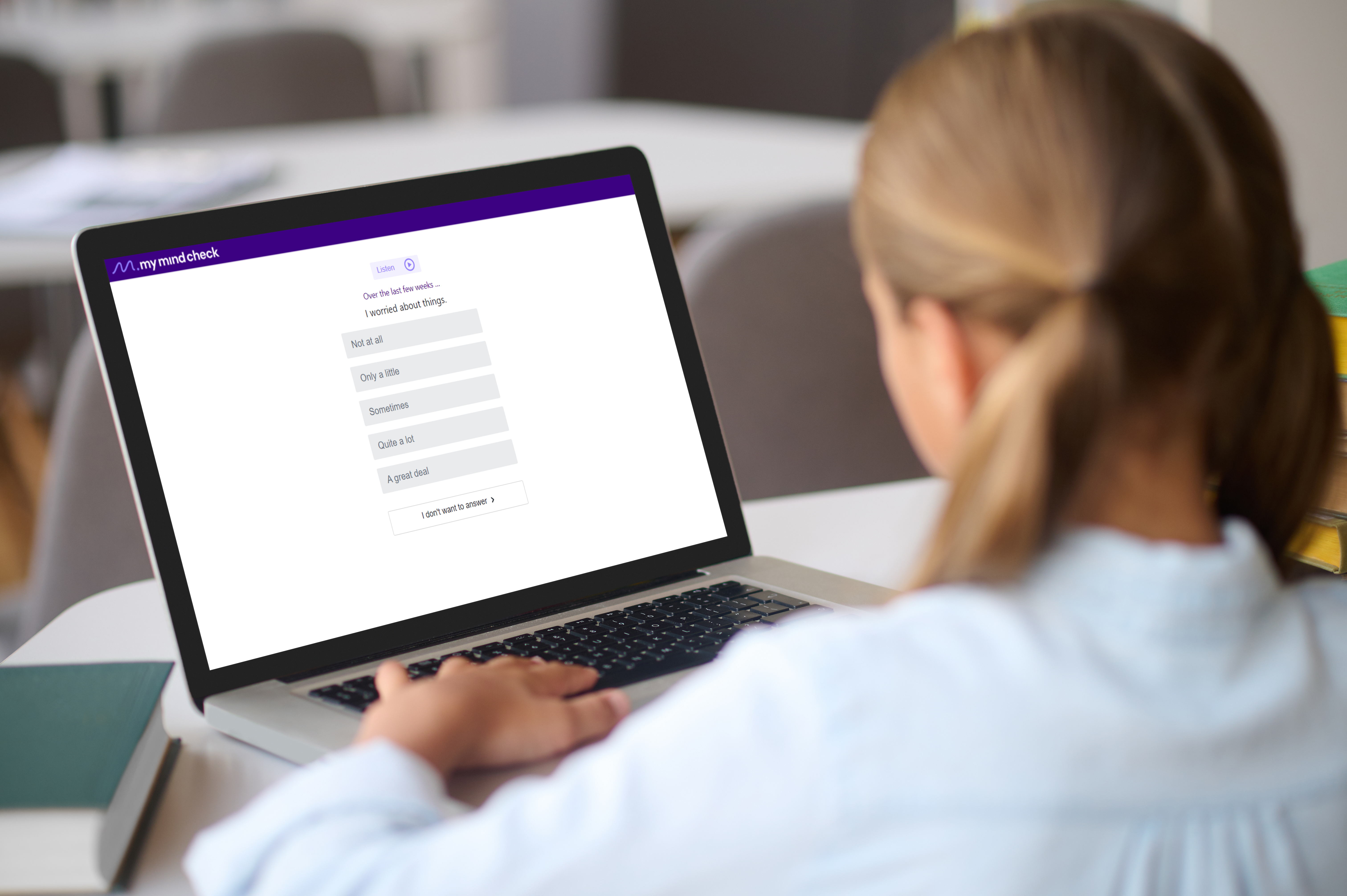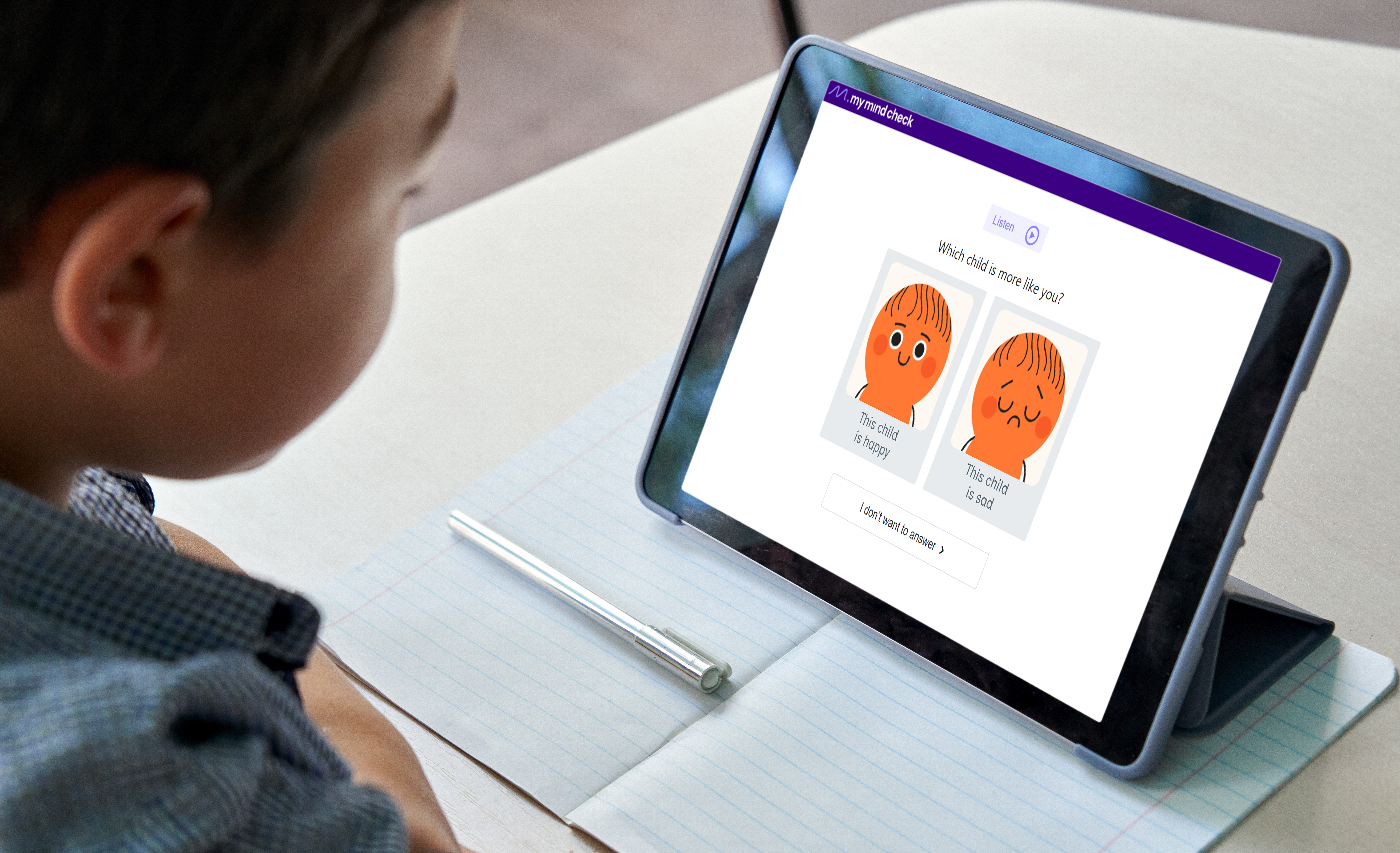When schools check in, students speak up
IN Partnership with
Built on research from Macquarie University and now used by more than 140 schools, My Mind Check is helping educators identify and support students struggling with mental health challenges – early, effectively and at scale

More


TEACHERS HAVE long balanced multiple roles in the classroom, but in recent years the responsibility to support student mental health has grown heavier and is becoming harder to ignore.
It’s often teachers who notice a student pulling away, missing days or showing signs of distress. Yet despite this frontline role, most educators receive little formal training in how to respond. This responsibility rarely appears in a job description.
For too many young people, signs of distress go unnoticed and unmanaged until they manifest in academic struggles, chronic absences or more serious mental health crises.
That’s the problem My Mind Check set out to solve.
Developed by researchers at Macquarie University, the free digital tool uses a brief check-in format to give students a
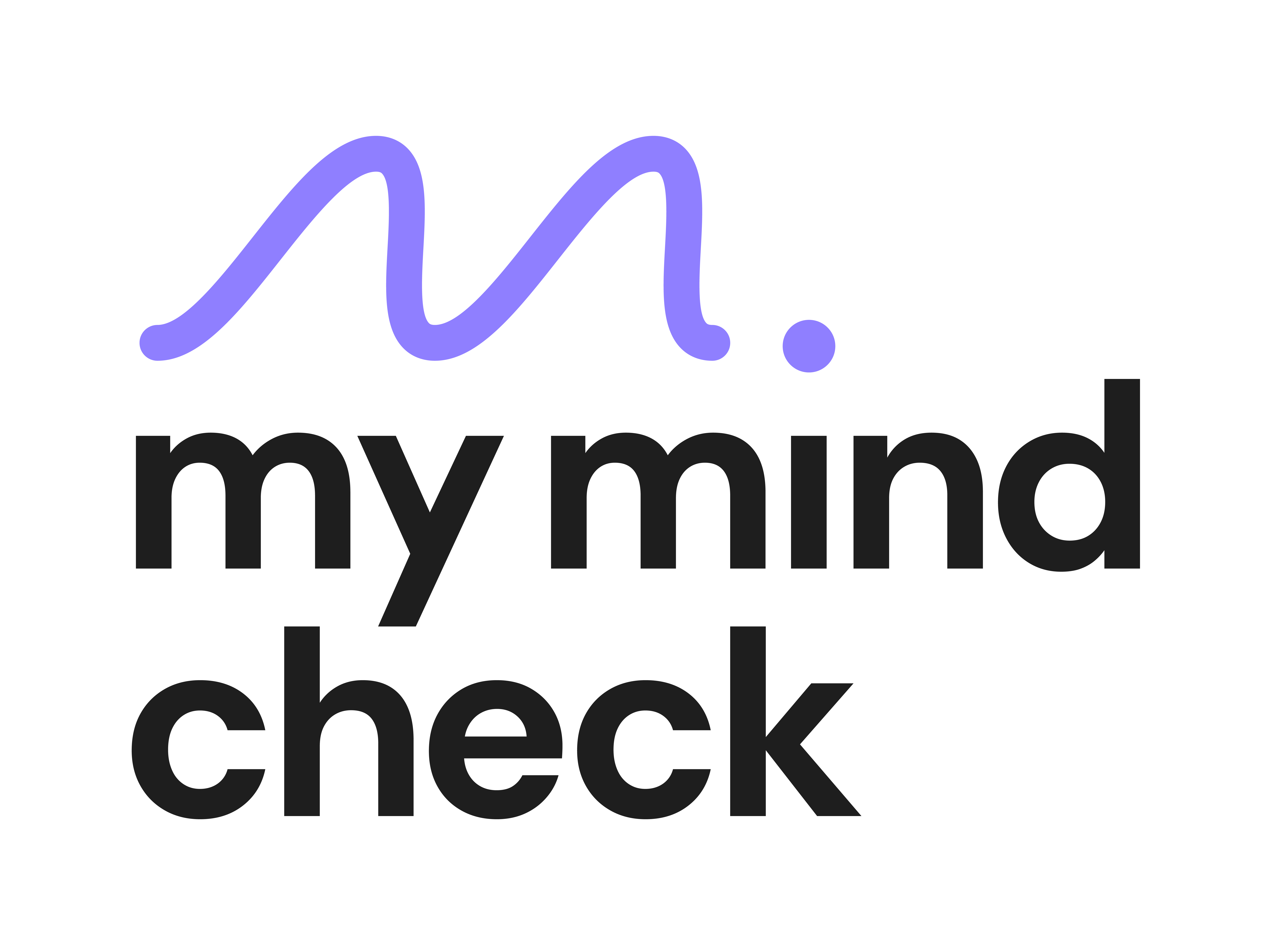
My Mind Check is a free, evidence-based tool that empowers schools to proactively identify and address student wellbeing concerns early. Through brief 10–15-minute check-ins, you’ll gain immediate insights into your students’ mental health needs, with instant access to tailored resources for follow-up support. Backed by research showing 20% fewer emotional difficulties and 30% better attendance in participating schools, it equips you to have meaningful conversations with families while building collaborations to support student wellbeing. Funded by the Australian Government and designed to integrate seamlessly with your existing frameworks, My Mind Check strengthens your school’s approach to mental health, giving teachers confidence in supporting student mental health.
Find out more



“Schools are on the frontline of youth mental health. They’re not just a setting for learning. They’re also increasingly becoming a vital support system. But they need the right support and tools to act early, before issues worsen”
Dr Lauren McLellan,
My Mind Check
Share




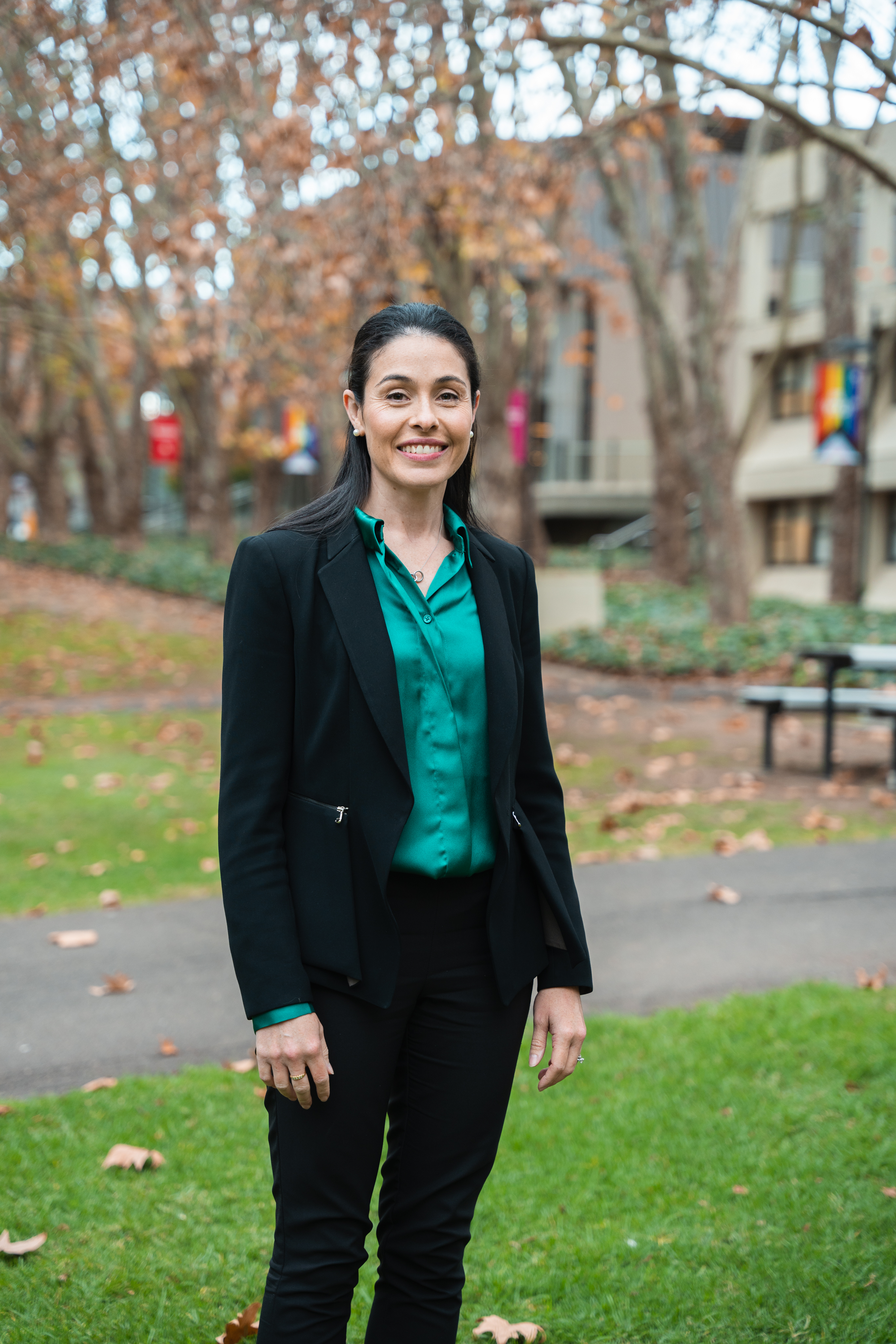
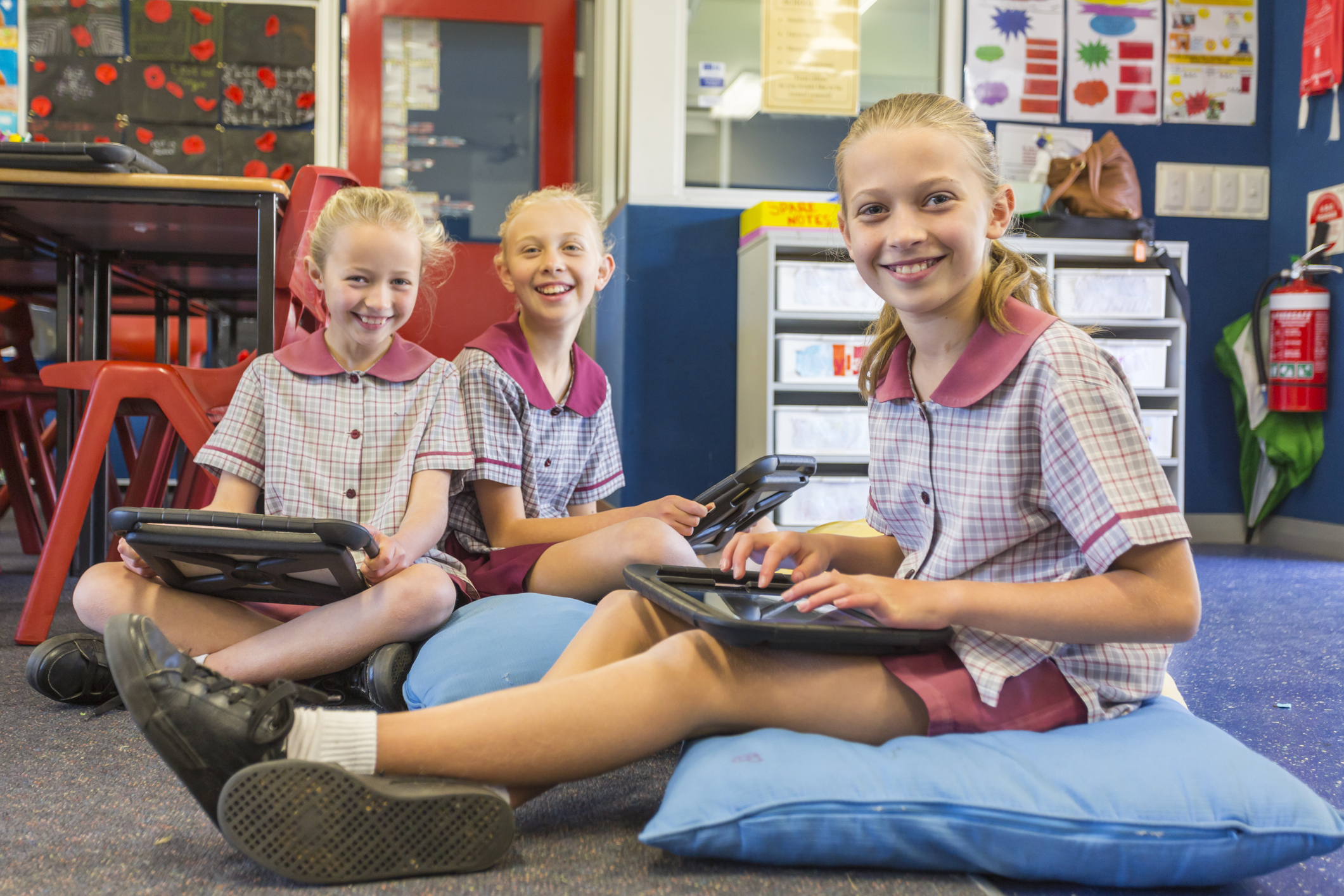
A growing problem and an earlier starting point
Published 11 Aug 2025
Share








Subscribe
best in education
Events
Resources
technology
business
tv
News

K/12
Higher Education
Copyright © 2025 KM Business Information Australia Pty Ltd.





Companies
People
About us
Privacy
Terms of use
Terms & Conditions
Contact us
RSS


K/12
Higher Education

K/12
Higher Education
Subscribe
Best in Education
Events
Resources
technology
business
TV
News


Copyright © 2025 KM Business Information Australia Pty Ltd.





Companies
People
About us
Privacy
Terms of use
Terms & Conditions
Contact us
RSS


K/12
Higher Education

K/12
Higher Education
Subscribe
Best in Education
Events
Resources
technology
business
TV
News


Copyright © 2025 KM Business Information Australia Pty Ltd.




Companies
People
About us
Privacy
Terms of use
Terms & Conditions
Contact us
RSS


K/12
Higher Education
“The BEACON study showed us that students who participate in check-ins not only feel more supported but also report significant improvements in mental health a year later, including reduced school absences and fewer mental health challenges”
Distinguished Professor Ron Rapee, Lifespan Health and Wellbeing Research Centre,
Macquarie University

structured way to reflect on their wellbeing. Just 10 to 15 minutes long, the process is quick enough to fit into busy school days, but long enough to uncover issues that may otherwise remain hidden.
“We built this platform to support the students who often aren’t flagged until it’s too late,” says Distinguished Professor Ron Rapee, a scientific adviser to My Mind Check and researcher at the university’s Lifespan Health and Wellbeing Research Centre. “The goal is to give schools a way to identify concerns early and the tools to take action.”
According to the Australian Bureau of Statistics, approximately 43% of Australians will experience a mental disorder in their lifetime. For youth, that number is roughly one in four. And research shows that diagnoses are being made earlier with each generation. What might have once emerged in a person’s twenties is now showing up in childhood and adolescence.
These early-onset mental health conditions can have wide-ranging consequences. They’re associated with social, emotional and behavioural impairments, as well as poorer academic, educational and employment outcomes. Research shows that young people with mental illness or developmental delays are at greater risk of absenteeism, classroom disruptions and school suspensions. These effects don’t end at graduation. Left unaddressed, they compound over time.
That’s why prevention and early identification is crucial. And while families play a central role in a young person’s development, so do schools. As environments where children spend most of their time, schools – and the educators within them – are not only witnesses to the early signs of distress but also among the most effective places to intervene.
“Schools are on the frontline of youth mental health,” says Dr Lauren McLellan, director of My Mind Check. “They’re not just a setting for learning. They’re also increasingly becoming a vital support system. But they need the right support and tools to act early, before issues worsen.”
Designed for the realities of Australian classrooms
What makes My Mind Check work isn’t just its scientific foundation; it’s the way the platform fits into everyday school life. Check-ins take only 15 minutes to complete and can be scheduled flexibly by each school. Students can do them in class, supported by teachers who are guided by the platform’s intuitive design and practical implementation tools.
These tools include a suite of ready-to-use resources, communication templates and clear guidelines for follow-up support. The platform supports both universal (Tier 1) and targeted (Tier 2) wellbeing efforts, aligning with existing school frameworks. It’s also free to use, thanks to support from the Australian Government.
“We built this tool in collaboration with Australian schools, for Australian schools,” says McLellan. “The goal wasn’t to add more to teachers’ workloads. It was to take what they’re already doing informally and provide support by giving it structure and clarity that’s grounded in research.”
The response from educators has been overwhelmingly positive. More than 140 schools have adopted the tool already, representing over 19,000 students across all states and territories. The My Mind Check team supports each school in tailoring planning and implementation. Many schools begin by running check-ins for a single year level and quickly expand once they see the impact.
One teacher described the tool as addressing “the invisible workload” of supporting student mental health. Instead of relying solely on observation or gut instinct, educators now have real data to guide conversations with students and families. This information is not just about identifying risks; it also helps highlight wellbeing strengths, which is something that’s often overlooked in reactive approaches to mental health.
In one school, a student who had been struggling quietly came forward after completing a check-in. She walked into the wellbeing office and said, “Thank you for checking in. It made me want to do something about my anxiety, and now I’m getting help.” It was a small comment, but it signalled something powerful: she felt seen, and she took action.
From individual insight to systemic change
As the platform grows, My Mind Check is also helping schools address broader wellbeing challenges. Issues like bullying, for example, often go unreported through formal channels. But when students are given space to reflect on their overall mental health, they are more likely to speak up about peer issues, isolation or emotional distress.
This kind of visibility helps schools move from reacting to problems to preventing them. Rather than waiting for behaviour or academic performance to decline, staff can intervene early, with follow-up resources and clear, actionable recommendations tailored to each student’s needs. It also encourages open dialogue between students, educators and caregivers.
The My Mind Check expert team continue to evolve the platform, guided by feedback from schools. Updates are ongoing, and their partnership model means schools are not left on their own after rollout. McLellan and her team stay in contact, offering support and refining the platform to meet emerging needs.
Looking ahead, My Mind Check’s focus remains on scale, sustainability and accessibility. With interest from close to 2,000 schools and a strong evidence base behind it, My Mind Check is poised to play a growing role in how mental health is addressed in Australian education.
“We know early intervention changes lives,” says McLellan. “This tool is one way to make that possible, not just for some students but for all.”
At a time when mental health needs are increasing and educators are being asked to do more with less, solutions that are practical, proven and free carry weight. For schools trying to support their students more effectively, My Mind Check offers a path forward.
It’s not a silver bullet. But in just 15 minutes, schools can give their students the time, space and support they need to speak up about their mental health and wellbeing.
Trialled with over 10,000 Australian students, the study assessed students’ mood, anxiety, concentration and experiences of peer victimisation
The trial produced a 20% reduction in emotional difficulties and a 30% increase in school attendance one year later
The study showed that check-ins helped schools identify at-risk students early and whether they might benefit from further support
BEACON Research Study:
Key findings from Macquarie University
Proactive insights empower schools to take a data-driven approach and support student wellbeing early
Student check-ins provide schools with early indicators of both wellbeing needs and strengths
Clear follow-up framework, practical guides and resources give staff confidence in supporting student wellbeing
How My Mind Check is supporting schools
Trialled with over 10,000 Australian students, the study assessed students’ mood, anxiety, concentration and experiences of peer victimisation
The trial produced a 20% reduction in emotional difficulties and a 30% increase in school attendance one year later
The study showed that check-ins helped schools identify at-risk students early and whether they might benefit from further support
BEACON Research Study:
Key findings from Macquarie University
Proactive insights empower schools to take a data-driven approach and support student wellbeing early
Student check-ins provide schools with early indicators of both wellbeing needs and strengths
Clear follow-up framework, practical guides and resources give staff confidence in supporting student wellbeing
How My Mind Check is supporting schools
Trialled with over 10,000 Australian students, the study assessed students’ mood, anxiety, concentration and experiences of peer victimisation
The trial produced a 20% reduction in emotional difficulties and a 30% increase in school attendance one year later
The study showed that check-ins helped schools identify at-risk students early and whether they might benefit from further support
BEACON Research Study:
Key findings from Macquarie University
Proactive insights empower schools to take a data-driven approach and support student wellbeing early
Student check-ins provide schools with early indicators of both wellbeing needs and strengths
Clear follow-up framework, practical guides and resources give staff confidence in supporting student wellbeing
How My Mind Check is supporting schools
